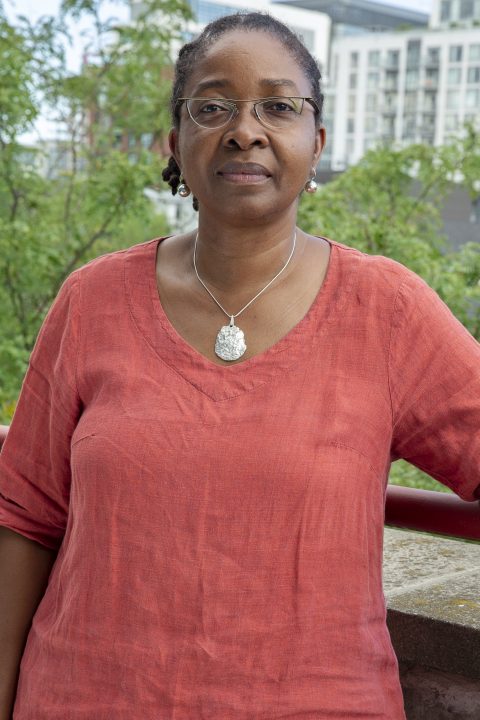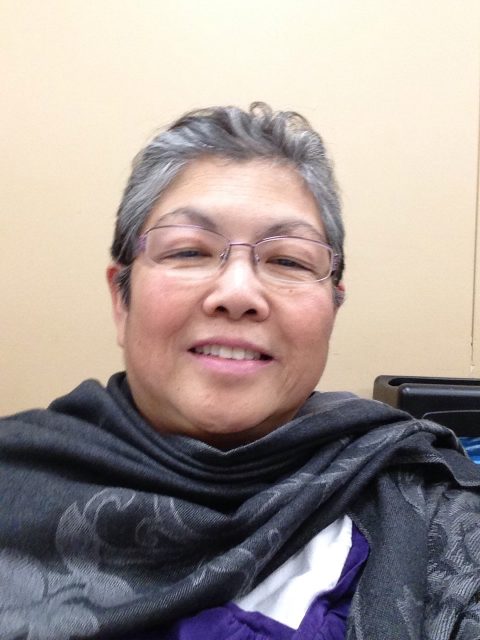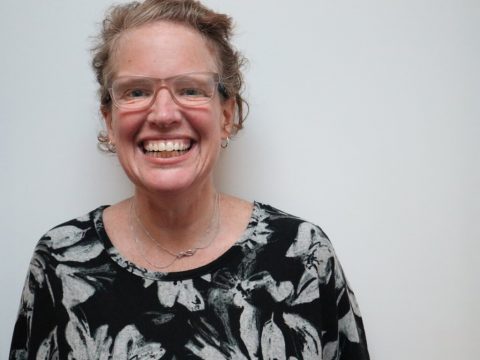Digital Health Week Spotlight: CMHA Thames Valley Addiction and Mental Health Services
In March 2020 the COVID-19 pandemic necessitated many rapid changes to service delivery within the community mental health and addiction sector. In order to support agencies, E-QIP launched our #QIOnTheFly initiative to help organizations document the rapid changes they were making to their services in order to continue to support clients and tenants while balancing the need for safety. This Digital Health Week, we are highlighting the inspiring work of E-QIP alumni who rose to face these unprecedented challenges to the community mental health and addiction sector.
In January of 2021, CMHA Oxford (now CMHA Thames Valley and Addiction & Mental Health Services – CMHA-TVAMHS for short) was facing lockdown and COVID restrictions that threatened their ability to deliver their Dialectical Behaviour Therapy (DBT) Group. In response to COVID restrictions at the time, in person groups were suspended and threatened to stall progress on an already lengthy wait list. With no precedent for offering such a group in an online format, the team adopted a QI lens to address their issue of decreasing wait times by pivoting to virtual delivery of this high-demand program.
In order to pivot to a virtual delivery of their DBT group, staff at CMHA Oxford, in consultation with local partners, implemented the following changes:
Accessibility and Equity
- Utilized funding made available to provide virtual care to purchase tablets, headsets, and distress tolerance kits
- Distributed tablets, workbooks, and kits to participants-including the options of home delivery to those who faced barriers such as transportation, child care, and mobility
- Established dedicated office space to accommodate individuals who could not access internet from home
- Increased access for individuals who had previously had to defer entry. Individuals with child care and mobility limitations were now able to access the group as the virtual space could accommodate their needs in a way an in-person group at the office could not.
Safety and Privacy
- Established observer role to monitor and check in with participants showing signs of distress
- Selected platforms compliant with technical security and privacy requirements
- Use of Zoom features including breakout rooms and chat to check in with participants
- Ensured virtual meeting room was secure from online threats by creating a new link each week with a passcode and waiting room
- Established video conferencing guidelines, group guidelines, as well as privacy and informed consent agreements and reviewed all new guidelines with group participants
- Facilitators received training in best practices in virtual care and engaged in regular consultation and debriefing to assess and adapt to any new needs arising
- Arranged for back up coverage for facilitators with the high likelihood of facilitators needing to be off unexpectedly due to Covid or other reasons
- Adjusted pre-entry screening to ensure the virtual group would not pose additional risks for group participants. Contingency plans and safety measures were developed and discussed with all new participants
Timely
- Group length was shortened and the break removed
Outcome:
Through virtual delivery, CMHA Oxford staff were able to continue offering the DBT group without compromising COVID safety measures including social distancing. By continuing virtually, participants were not subject to further delay. Staff also found that retention of participants in the virtual DBT group generally exceeded the retention rate of participants in the person group. Although participants reported some technical difficulties, the virtual group received comparable satisfaction levels to the in-person group.
From the staff perspective, the virtual DBT group required less staffing resources than the dual cohort in person group tested previously and facilitators reported that the virtual group was as effective as the in person DBT group.
The team would like to thank and acknowledge E-QIP for its role in the successful outcomes of this project. Many key staff at CMHA Oxford including the Team lead, Executive Sponsor and Team Sponsor had previously participated in E-QIP offerings including IDEAS training as well as a cohort of intensive QI and data coaching which gave them the QI skills they needed to be successful in this project.
As the challenges presented by Covid persist, the need for virtual services, including this virtual DBT group is expected to increase. Congratulations CMHA TVAMS on your innovative approach to addressing wait times and continuing to offer this important program to Ontarians.
























